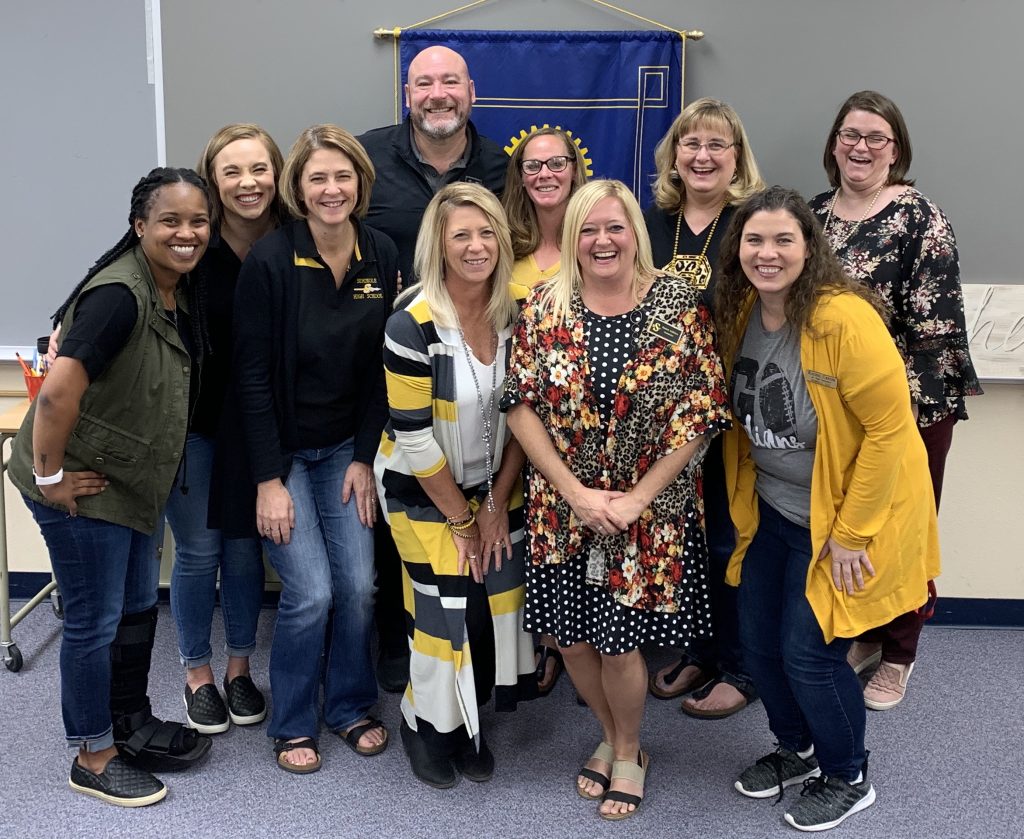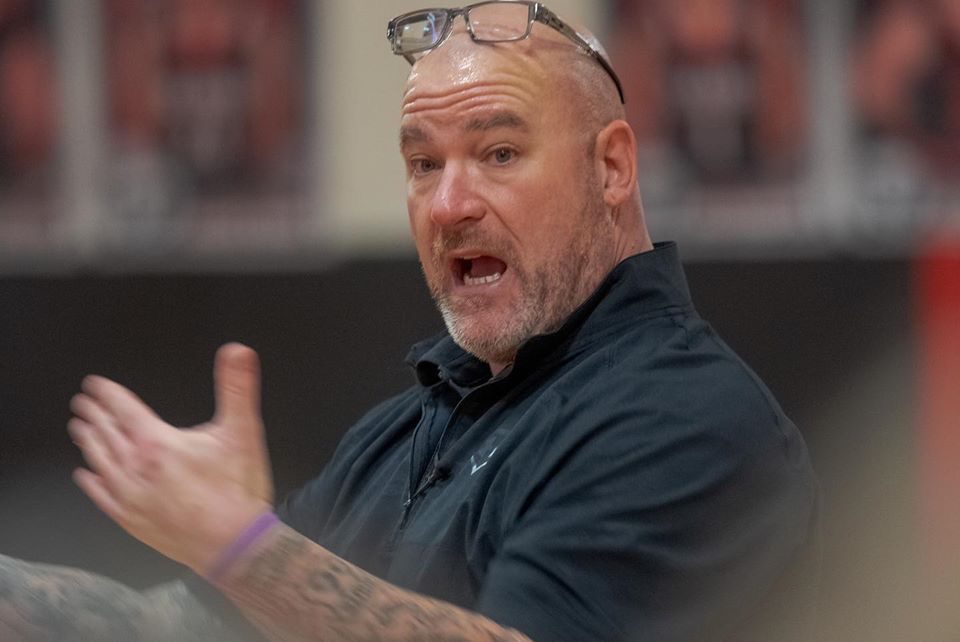Navigating Teen Life with Purpose: A Guide to Authentic Living

Jeff Yalden’s dynamic approach and unwavering support, Jeff empowers teens to navigate the ups and downs of adolescence with confidence and resilience.
“Unlocking Youth’s Potential: The Four Agreements as a Practical Guide to Transform Their Lives”

It’s a self-help guide that provides straightforward principles for leading a more fulfilling and peaceful life. These four agreements serve as a practical roadmap, offering four simple rules for achieving greater happiness and tranquility.
“Enhancing Teaching Practices: Building Trust and Connection with Students”

Best classroom practices for teachers to engage with their students. 10 Most Common Mistakes Teachers Make
High School Student Suicide 48 Hours Before My Visit

On December 14, 2022, I was invited to speak at South Newton High School in Indiana. 48 hours prior to my visit a high school junior had made that forever decision. He committed suicide. Just 48 hours prior to me visiting the school. It was a late Sunday night that he took his life. The […]
Parents and Teen Mental Health
Youth Mental Health and Teen Motivational Speaker Jeff Yalden shares a message for parents about teen mental health and social pressures teens face today.
Teen Mental Health Support for School Counselors
Immediate non-clinical evidence based practice and support for teens in a mental health challenge or crisis.
3 Tips to Improve Teens Self-Esteem
Mental Health High School Motivational Speaker, Jeff Yalden talks self-esteem for teens.
Teen Suicide Prevention & Suicide Assessments by Unqualified Mental Health Professionals
Why You’re More Qualified in Suicide Prevention Than Most Mental Health Professionals Yes, you just read that correctly. I’m Jeff Yalden and I’ve been working in Teen Suicide Prevention and Suicide Prevention – Teen Mental Health for nearly 30 years. You’re about to read the lack of suicide prevention training our mental health professionals receive […]
Rochester & Rochester Hills School Communities
Rochester and Rochester Hills School Communities have suffered five teen suicides in two years. They’ve asked Jeff Yalden to speak to the community: Teens and Parents.
COVID-19 and Self-Care
One of the things that we most often forget in our desire and our compassion and empathy to want to help and serve people – is that we forget to take care of ourselves.

